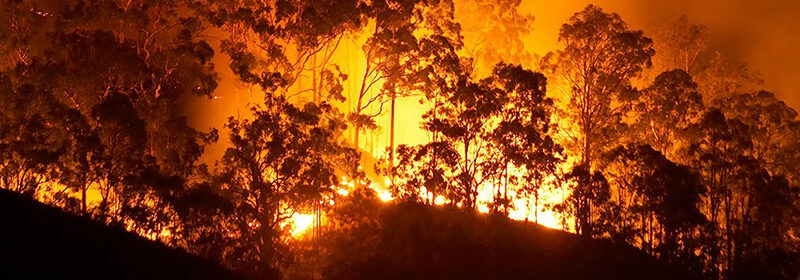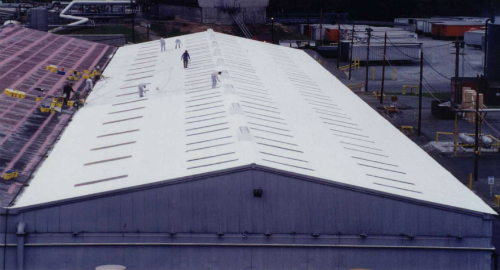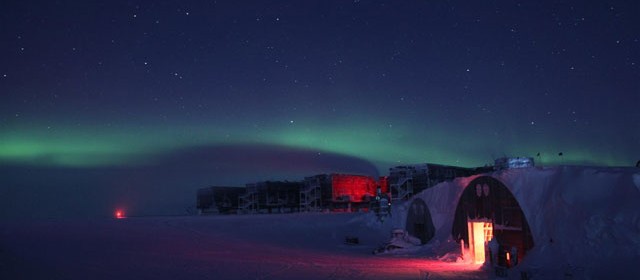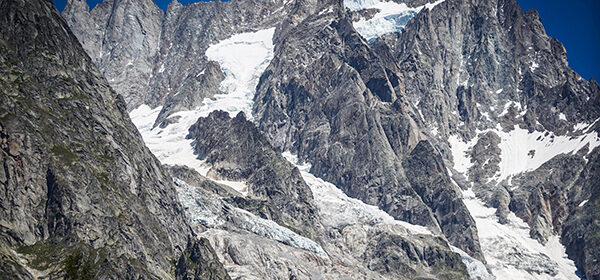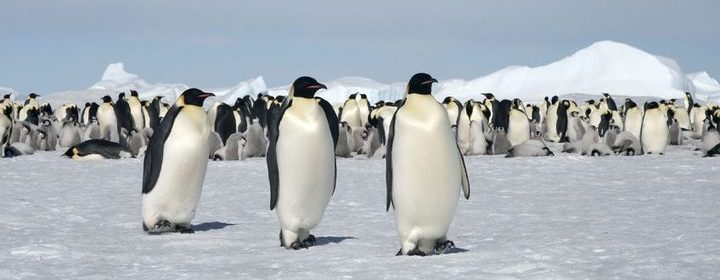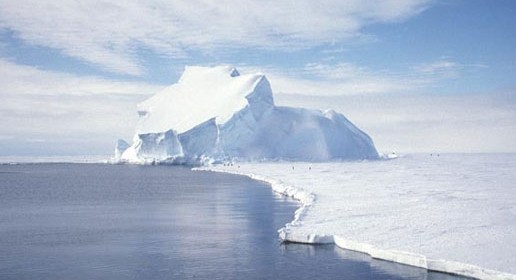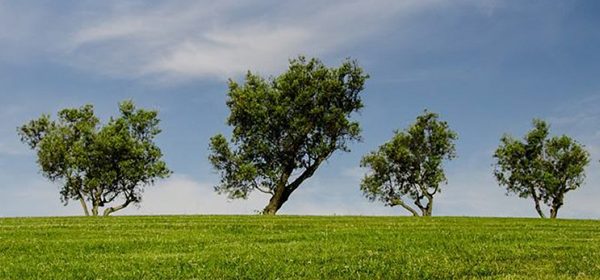Penguins Relocate as Ice Melts and Plants Spread

Penguins Relocate, resulting in many other geological changes. The Antarctic Peninsula, one of the fastest-warming regions on Earth, is experiencing significant environmental changes due to rising temperatures. As the ice retreats, both the physical landscape and the region’s delicate ecosystems are undergoing dramatic transformations. A major consequence of this warming is the shifting distribution of penguin colonies. These iconic birds, […]
Read more
